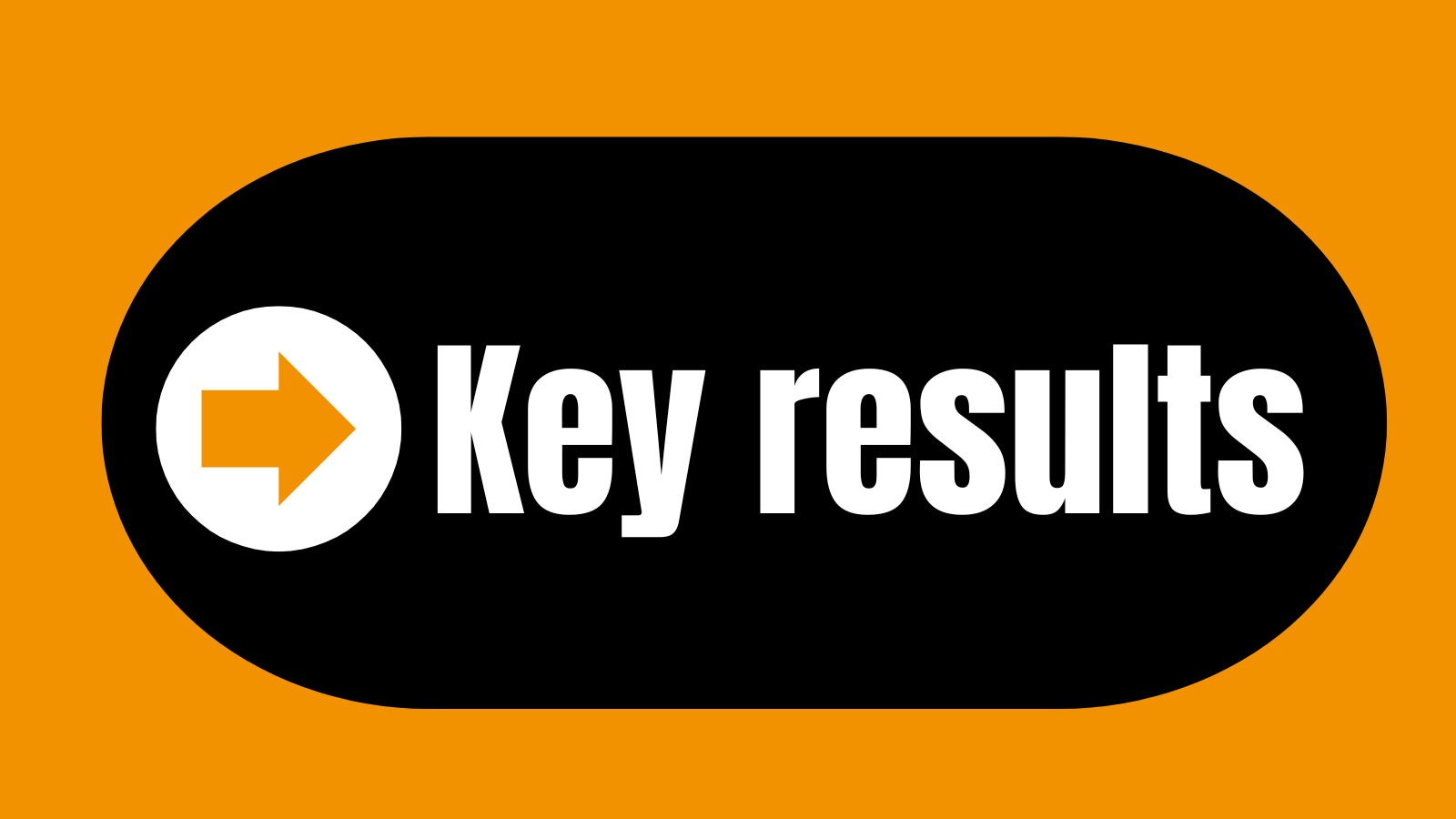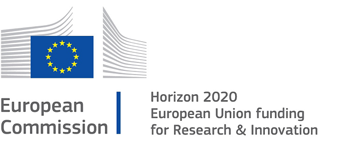Critical Exploration of Media Related Risks and Opportunities for Deliberative Communication: Development Scenarios of the European Media Landscape
MEDIADELCOM has develop a diagnostic tool (multiple scenario building model) for policy makers, educators, media critical bodies and institutions, as well as for media experts and journalists, which is enabling the provision of holistic assessment of risks and opportunities concerning deliberative communication and consequently social cohesion in Europe.
The tool enables drawing on multiple risks and opportunity scenarios of the European media landscape at large, as well as the development of media landscapes in individual countries. Conceptual and operational variables for multiple scenarios have been created by thoroughly examining the diachronic and synchronic changes in news media ecosystems in 14 European countries with special attention to Central and Eastern Europe (CEE).


MEDIADELCOM has produced more than 50 podcasts focusing on deliberative communication as a way to contribute to social cohesion, together with the practical examples provided by MDI.
Based on three years of research, the project team has produced recommendations for media governance.
The project’s final conference hosted by MDI was organised in Brussels on 15 February. 2024.
Please click here to watch our conference again.

The project was implemented by 17 teams from 14 EU countries with a research and civil society profile
Partners: University of Tartu (Estonia); Riga Stradiņš University (Latvia); University of Warsaw (Poland); Masaryk University (Czechia); University of Ss. Cyril and Methodius in Trnava (Slovakia); Mertek Media Monitor (Hungary); Faculty of Political Science of Zagreb University (Croatia); Center for Independent Journalism (Romania); Sofia University St. Kliment Ohridski (Bulgaria); Hellenic Foundation for European and Foreign Policy – ELIAMEP (Greece); University of Milan (Italy); The Austrian Academy of Sciences (Austria); Erich Brost Institute for International Journalism, TU Dortmund (Germany); School of Education and Communication, Jönköping University (Sweden); Jönköping International Business School, University of Jönköping (Sweden); Mid Sweden University (Sweden); Media Diversity Institute Global (Belgium)
Region/Country: EU/Global
Time frame: March 2021 – March 2024
Funding: The project was financed by the EU’s funding programme for research and innovation Horizon 2020.

Website: https://www.mediadelcom.eu/

